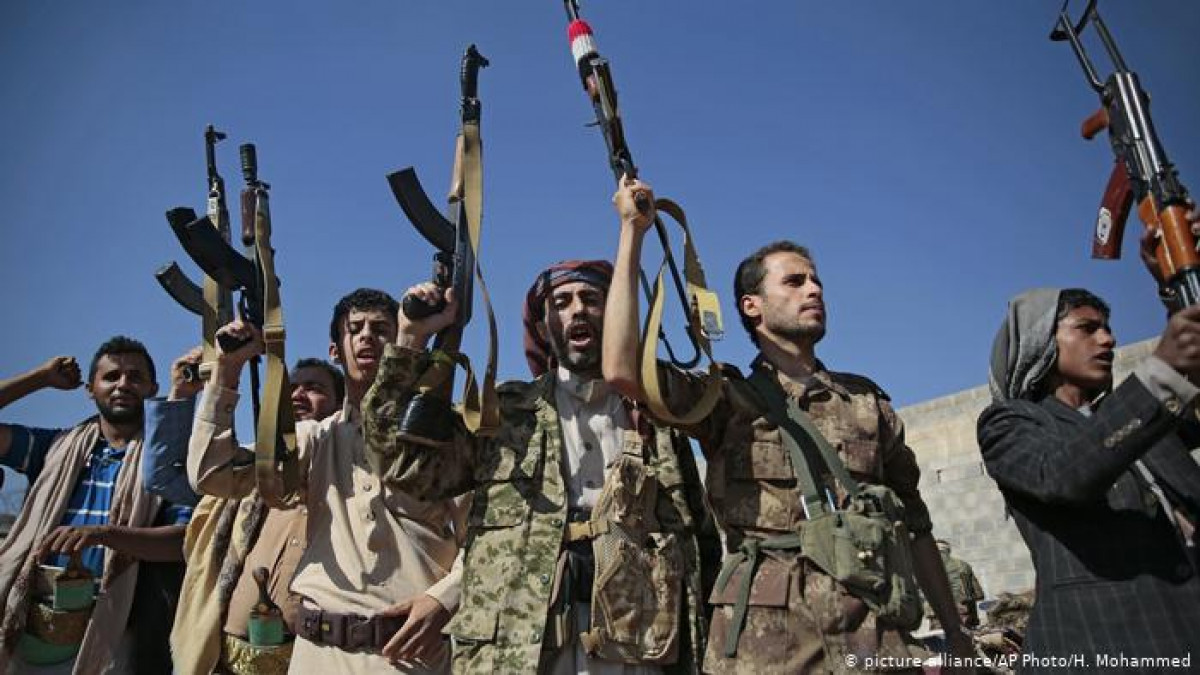 126
126
Marib province is regarded as “Yemen’s heartland,” since it is situated on the western axis and is about 170 kilometers from Sanaa and for serving as Yemen’s eastern gateway, linking the north and south parts of the war-ravaged Arab nation. Because of the existence of gas and oil resources, the area’s importance has grown. In recent years, Marib province has been one of the major strongholds of the Western-Zionist-Arab alliance in Yemen. According to observers, the Kingdom of Saudi Arabia (KSA) has spent millions of dollars maintaining its military presence in the province by equipping its mercenaries with a wide variety of modern military weapons. The Saudi-led coalition persevered the control over the Marib province until early winter 2020. However, the reality on the ground changed dramatically, and strategic sections of Marib were liberated by the Yemeni national army and popular committees (also known as Ansarullah Movement), shattering all optimistic expectations for Riyadh. Following battles with Saudi coalition mercenaries and al-Qaeda and ISIS terrorist organizations on the western front, the Iranian-backed Houthi Ansarullah Movement managed to liberate Marib’s dams, Jabal al-Balaq as well as the southern slopes of the strategic Kufl base, including Jabal Dahwan, Athaf, and Kholan. Because of its altitude and vital location, the historic Marib Dam is situated southwest of Marib city and plays a crucial role in controlling the region. As the Yemeni army inch toward Marib, it seized one by one the Saudi fortifications in the province, with Saudi-allied leaders attempting to utilize diplomatic means to prevent the beleaguered Saudi regime from surrendering Marib to the Yemeni army. The United States and the rest of the Western world, on the other hand, waited until Ansarullah achieved decisive gains in Marib before calling for an end to the Yemeni war. Western countries, which had previously stayed silent on Yemen’s conflict and placed a harsh embargo on Yemenination for its resistance to Saudi aggression, which had pushed millions of Yemeni civilians to the brink of extinction, attempted to negotiate a cease-fire in Marib to preserve the province’s oil wealth and strategic position. In this regard, Martin Griffiths, the United Nations’ special envoy to Yemen reiterated that the Yemeni army’s advance on Marib must be immediately stopped. “The lives of millions of Yemenis are at risk, particularly when violence spills into nearby refugee camps. Achieving victories jeopardize through military operations undermine chances for peace,” Griffiths was quoted as saying. As Ansarullah advanced rapidly, the US administration grew anxious. As a result, Washington’s special envoy for Yemen has urged for an immediate end to the war in the area to avoid the expansion of Ansarullah in southern and central Yemeni provinces. Tim Landerking, the United States’ special envoy for Yemen, stated that unless the conflict in Marib is addressed, a new wave of violence and tension would erupt. Landerking asserted that his country is committed to Yemen’s territorial integrity, stability, and security. The Americans believe that after Marib is liberated, the Yemeni army will be able to use Marib’s strategic position and that the Yemeni army and popular committees would then focus their efforts on recovering the western Yemeni regions overlooking Bab al-Mandeb Strait. In fact, Washington has mobilized itself politically and militarily over the last three months in an attempt to prevent Yemeni resistance from utilizing its upper position to liberate Marib’s oil fields. The actual US involvement demonstrates that the Saudi army and its mercenaries are unable to stop Yemeni troops. Following the failure of the Oman talks and the continuation of Saudi aggression, the Yemeni army began further assaults against Saudi air bases to disrupt air support for Saudi mercenaries stationed in Marib.
Furthermore, Ansarullah announced that to stop Saudi assaults, it is committed to expanding its ground operations. Faced with the prospect of ultimate victory for the Yemeni resistance, the US government had no option than informing the Yemeni state Sanaa through the Omani mediators that Washington recognizes them as Yemen’s legitimate government. Moreover, the United Kingdom has expressed its support for Washington’s stance. “The Yemeni people do not need their recognition,” Ali al-Qahoum, a political member of Ansarullah, told the Beirut-based Al-Mayadin news channel, adding that American officials’ stance is not new, and it demonstrates their contradictory views about the war in Yemen.
Comment
Post a comment for this article